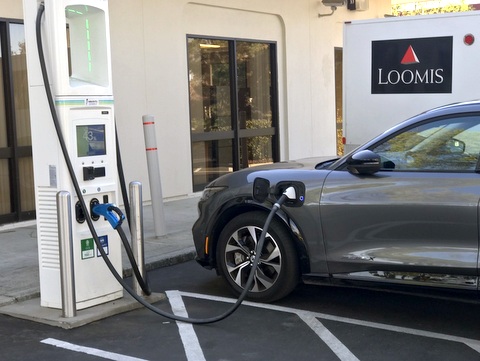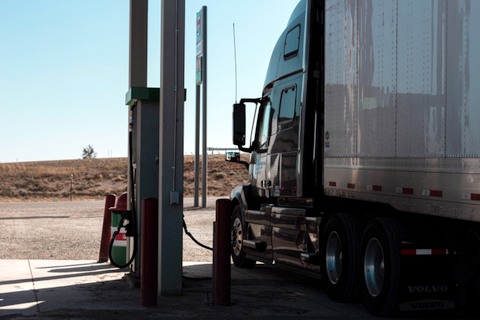This article main contain affiliate links.
Is transitioning to more electric vehicles (EVs) good or bad for the economy overall? — Richard T., Boise, ID
According to the S&P Global Mobility Forecast, EV sales have surged so substantially over the past two decades that about 50 percent of the vehicles on the road by 2040 are projected to be electric. Individuals who can afford the initial cost of an EV substantially reduce their carbon footprint while enjoying an average of $2,200 annually in fuel and maintenance savings. On a national level, however, experts have debated whether or not the increased electric utility revenue, job creation and decreased oil dependence associated with EVs outweigh the costs of charging station installation and electrical grid upgrades.

Only 50 percent of the electrical capacity of the U.S grid is used, so as to accommodate large swings during peak demand. Ninety percent of current EV charging occurs at homes and places of business during off peak hours, thus, the amount used does not yet meet capacity. Two California utilities, Pacific Gas and Electric (PG&E) and Southern California Edison (SCE), have found that EVs in their service areas contributed $806 million more in revenue than in associated costs, which drove rates down for all customers. If utility revenue remains higher than utility cost, EVs will lower the rate paid by all ratepayers. Conversely, if utilization approaches capacity, costly grid upgrades amounting to $3 billion across the U.S will be required.
The Economic Benefits Go Beyond the Car
The McKinsey Center for Future Mobility estimates that as the number of EVs increases, hardware, planning and installation costs of an expected 1.2 million public and 28 million private chargers will reach more than $35 billion. Though costly, charger installations create jobs, possibly lowering unemployment. Furthermore, a study by MIT found that charging stations boosted annual spending at nearby businesses.

The largest economic benefit of transitioning to EVs is a decrease in oil reliance. The U.S relies upon oil for 85 percent of transportation needs, and depends upon foreign providers to meet this demand. Oil price fluctuation is implicated in the majority of recent recessions, including in 2022, and is directly linked to consumer sentiment. Increased reliance on a domestic and diversified electrical grid will separate the U.S. from more economically volatile nations, positively impacting the U.S. economy.
Installing public chargers and upgrading the electrical grid will undoubtedly pose a large cost to the U.S. Still, job creation, utility company revenue and less oil dependence are projected to make it all worth it. In the long run, transitioning to EVs is projected to positively impact the economy. However, these estimates are based on a model whereby the utility cost of EVs is less than the increased revenue to electric providers. Time will tell whether this model holds true.
SOURCES: USC Economics Review, usceconreview.com/2022/11/14/the-economic-consequences-of-electric-vehicles/; Science Daily, sciencedaily.com/releases/2024/09/240904141512.htm.
EarthTalk® is produced by Roddy Scheer & Doug Moss for the 501(c)3 nonprofit EarthTalk. See more at https://emagazine.com. To donate, visit https://earthtalk.org. Send questions to: question@earthtalk.org.

“Are Electric Vehicles Good or Bad for the Economy?” is very informative; it explores how EVs can boost the economy by creating jobs, increasing utility revenues, and reducing oil reliance, while also addressing challenges like infrastructure costs and grid upgrades.
We’re always glad to add to the discussion. –Ed.
So why is is it bad I need answers pls I hate EVs and I want them to disappear
@Jimmy,
Don’t diss what you don’t try. On balance EVs work for most folks and the upside is all positive. Negatives: high upfront cost (often mitigated by lease deals) and the addesd difficulties of long trips (hey, just rent an ICE car and chill if you don’t want an EV road trip adventure). These vehicles aren’t going away anytime soon, but don’t stress. There will be many options for a long time. –ed.